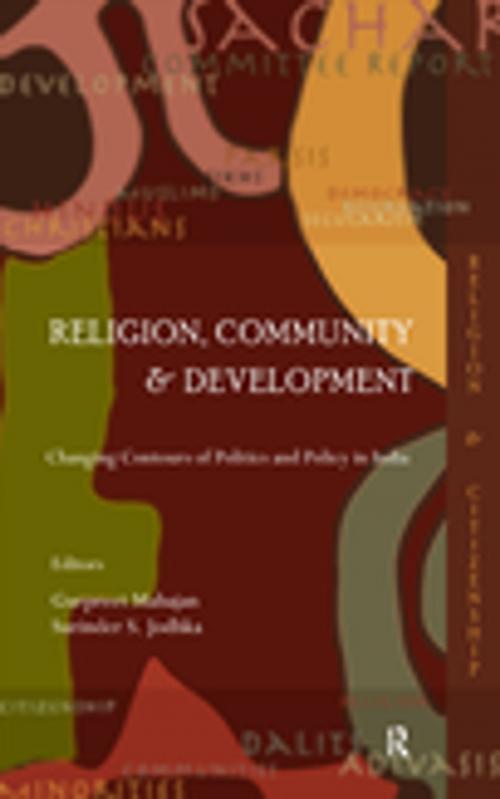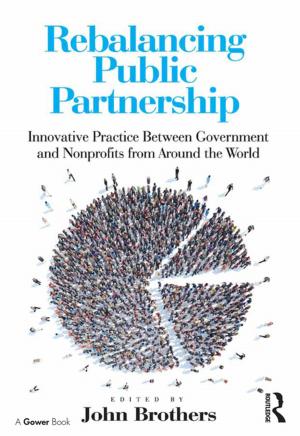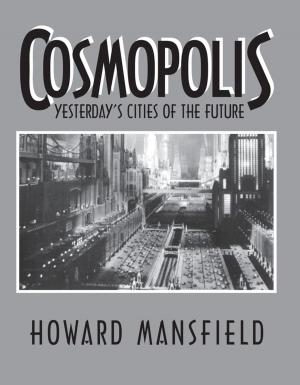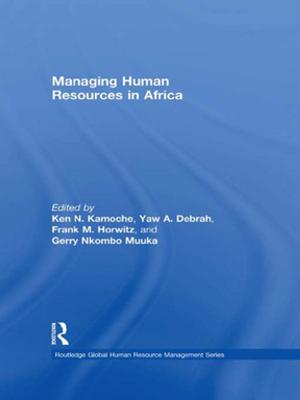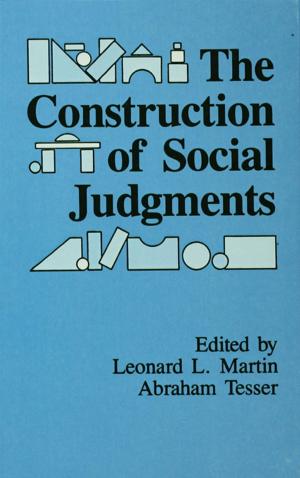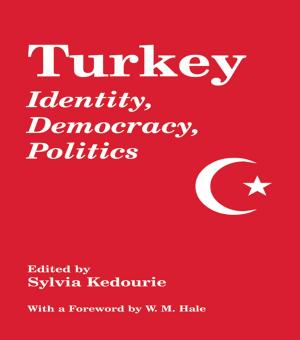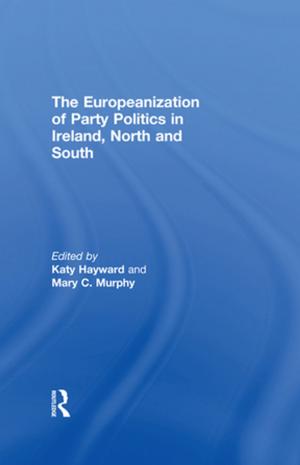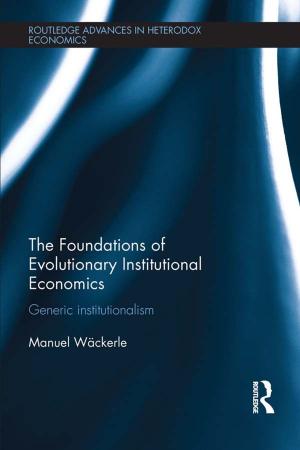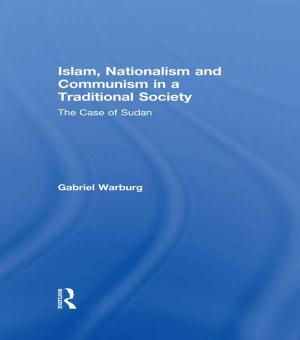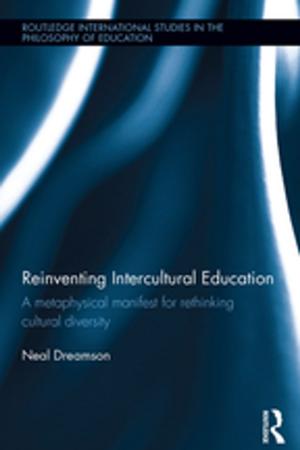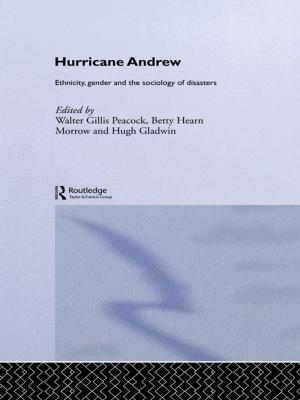Religion, Community and Development
Changing Contours of Politics and Policy in India
Nonfiction, Social & Cultural Studies, Social Science, Sociology, Political Science| Author: | ISBN: | 9781136704550 | |
| Publisher: | Taylor and Francis | Publication: | June 2, 2010 |
| Imprint: | Routledge India | Language: | English |
| Author: | |
| ISBN: | 9781136704550 |
| Publisher: | Taylor and Francis |
| Publication: | June 2, 2010 |
| Imprint: | Routledge India |
| Language: | English |
By making religious community a relevant category for discussing development deficit, the Sachar Committee Report (that was submitted to the Prime Minister of India in 2007) initiated a new political discourse in India. While the liberal secular framework privileged the individual over the community and was more inclined to use the category of class rather than the identity of religion, the Sachar Committee differentiated citizens on the basis of their religious identity. Its conclusions reinforced the necessity of approaching issues of development through the optic of religious community.
This volume focuses on this shift in public policy. The articles in this collection examine the nature and implications of this new approach to the Indian social reality. Taking a close look at the findings of the Sachar Committee Report (SCR) they highlight the challenges posed by inter-community comparisons. At another level the articles supplement the debate initiated by the SCR by constructing a profile of religious communities in India so as to factor in their concerns of development into the present discourse and to nuance and modify the simple indicators to which development is often reduced. As most religious communities are themselves engaged in development-related activities the volume also examines some of these initiatives in order to see what development connotes to the members themselves and what receives attention by the community.
Students of social sciences and development studies as well as those dealing with issues of marginalization will find this collection an invaluable resource for understanding contemporary India and for undertaking further theoretical and empirical research.
By making religious community a relevant category for discussing development deficit, the Sachar Committee Report (that was submitted to the Prime Minister of India in 2007) initiated a new political discourse in India. While the liberal secular framework privileged the individual over the community and was more inclined to use the category of class rather than the identity of religion, the Sachar Committee differentiated citizens on the basis of their religious identity. Its conclusions reinforced the necessity of approaching issues of development through the optic of religious community.
This volume focuses on this shift in public policy. The articles in this collection examine the nature and implications of this new approach to the Indian social reality. Taking a close look at the findings of the Sachar Committee Report (SCR) they highlight the challenges posed by inter-community comparisons. At another level the articles supplement the debate initiated by the SCR by constructing a profile of religious communities in India so as to factor in their concerns of development into the present discourse and to nuance and modify the simple indicators to which development is often reduced. As most religious communities are themselves engaged in development-related activities the volume also examines some of these initiatives in order to see what development connotes to the members themselves and what receives attention by the community.
Students of social sciences and development studies as well as those dealing with issues of marginalization will find this collection an invaluable resource for understanding contemporary India and for undertaking further theoretical and empirical research.
